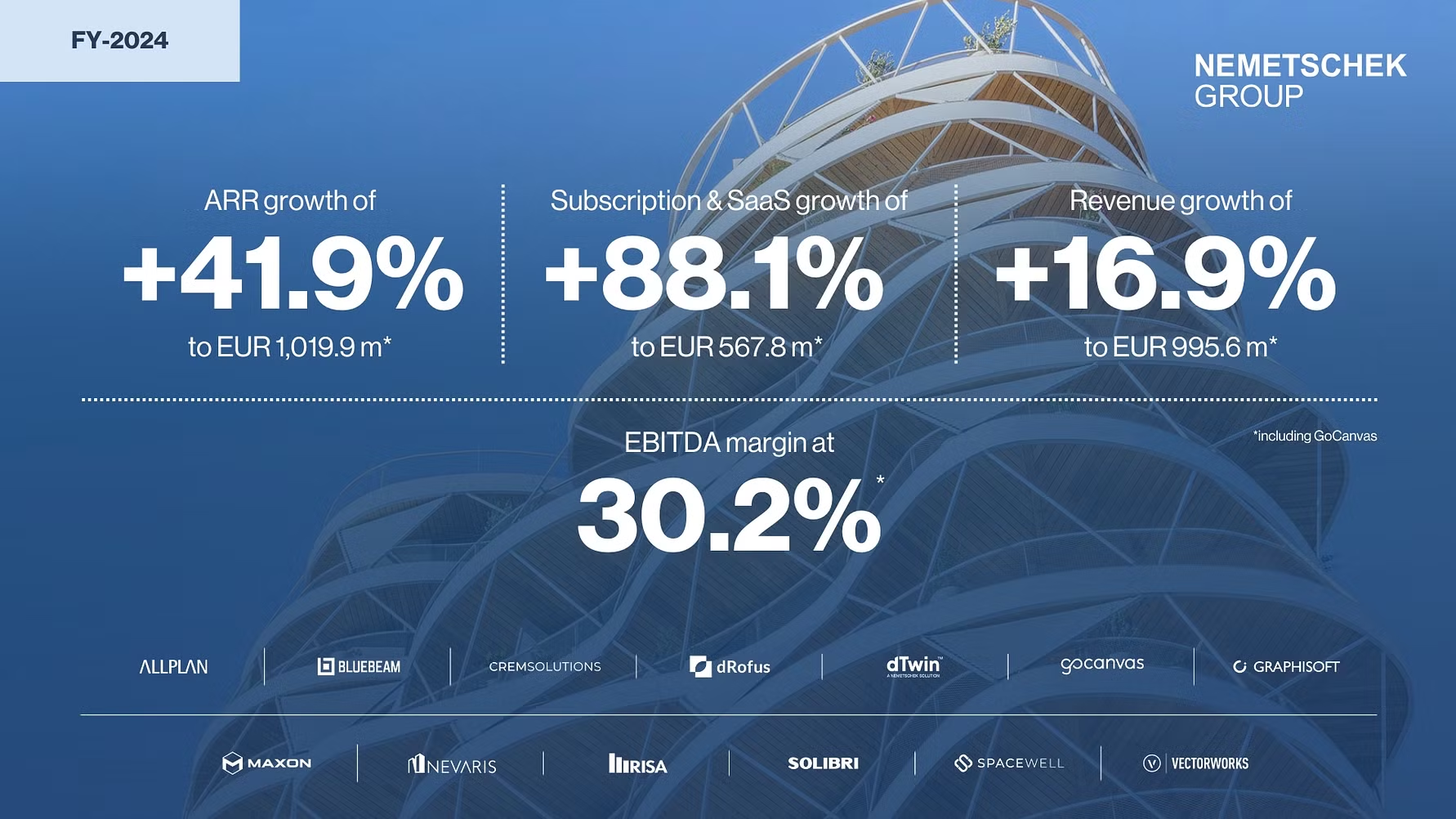Andrew Dixon, commercial director – specialist finance at Aldermore, says managing cash flow has never been more important
Earlier this month, the International Monetary Fund (IMF) and the UK’s fiscal watchdog warned that the coronavirus crisis will exact the biggest financial toll on the global economy since the Great Depression and potentially hit Britain harder than World War I and the Spanish flu.
While businesses across all sectors in the UK have been impacted by the Covid-19 pandemic, construction companies have to survive in an industry known for having a culture of poor payment practices. Not only do construction companies have to cope with the potential loss of income due to the pandemic, but for any ongoing projects they are working on they face long payment delays. With so much uncertainty still looming over the industry, managing cash flow as carefully as possible has never been more important.
The government has been trying to tighten up the Prompt Payment Code, ever since Carillion’s collapse in January 2018, yet these efforts have still not borne any significant results. While payment practice reports have brought more attention to contractor payment speed, the system still remains vulnerable to misreporting.
One niche often overlooked is the rise of Pay Less Notices, which have become increasingly common in recent years. This is where contractors inform a subcontractor they will be paying them less than they have been billed for. These often arise at very short notice – sometimes only days before payments are due. The most common reason Pay Less Notices occur is due to disagreements over the value of work that has been delivered. Dealing with a payment dispute is rarely straightforward and arbitration, while stressful and costly, can often be the only option.
On a practical note, it is vitally important that businesses properly vet the contracts they are entering into. If amendments are made to the standard forms of contract, it is essential to understand the implications. If not, it may become far more difficult to maintain control of your company’s cash flow.
Aldermore’s top tips to help SMEs manage their cash flow:
Forecast cash flows and expenses as carefully as possible in advance: Make sure you are aware of what could hinder cash flow and if there are going to be significant outlays in advance, try to negotiate credit terms with your supplier.
Make sure all invoices are clear and concise: Ensure your applications for payment are clearly legible. Provide a template that shows what you are asking for and when you require payment by.
Track work progress against the project plan: Make sure you know where you are and how work is going. If there are delays, obtain evidence and document it. For example, if you are unable to commence work because another subcontractor has not completed their work ahead of you, go on site and take photographic evidence and ensure the relevant notices are submitted in line with the contract.
Seek professional advice: If you go to arbitration, it is vital to obtain professional advice. This can make all the difference to the outcome. A good quantity surveyor can help marshal your evidence and give independent weight to your case.
The disruption from Covid-19 will continue to hit the industry for some time. Even when life returns to a disrupted economy, businesses should not forget the resilience offered by maintaining prudence over cash flow.
Andrew Dixon
Commercial Director – Specialist Finance
Aldermore
Tel: 0333 999 3378
Please note: this is a commercial profile.




![[VIDEO] Making DorTrak reports easy to read with Fireco Inspecting fire doors at Fireco, firedoor technology, 2023](https://www.pbctoday.co.uk/news/wp-content/uploads/2024/04/JPZ_2364-web-218x150.jpg)
![[VIDEO] Re-flow Field Management review by Traffic Management Installations When TMI began subcontracting for councils and government bodies, they wanted to present their site reporting in a more professional manner](https://www.pbctoday.co.uk/news/wp-content/uploads/2025/03/TMI-Media-1-218x150.png)








